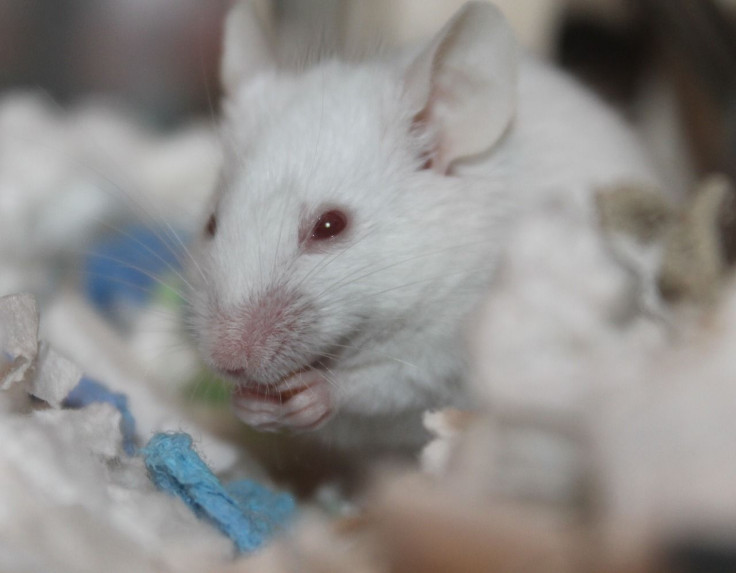Researchers Discover Disabling Protein-coding Gene Could Prevent Obesity In Mice

KEY POINTS
- Scientists discovered a new and effective way to prevent obesity in mice
- They inhibited a gene, which is found in the myeloid cells
- The group of mice with inhibited genes did not grow obese even when they were fed with a high-fat diet
Inhibiting an immune cell gene in rats prevents them from becoming obese even if they consume a high-fat diet. According to the new research, this may help scientists develop a treatment that may help overweight people easily burn calories. The findings of the study are published in The Journal of Clinical Investigation.
A Major Health Issue
Obesity is a huge issue worldwide, including the United States, where rates of the condition have increased over the past 40 years. In a report by the Centers for Disease Control and Prevention (CDC), in the years between 2017 and 2018, approximately 42.4% of people in the U.S. are obese. Comparatively, in the years between 1999 and 2000, it was lower at 30.5%.
The condition increases your risk of having diabetes, heart disease, strokes, and some forms of cancer. Lifestyle changes, according to the CDC, which includes consuming a more healthy diet, and exercising regularly, play a significant role in minimizing obesity.
One major issue, however, has something to do with the effect of obesity on metabolism. Past researches involving mice led to the suggestion that an obese person burns fewer calories compared to a non-obese individual. Completely understanding why or how this might happen and what scientists can do about it will help in minimizing the obesity problem.
Gene Deactivation
In the new study, researchers deactivated a gene found in the immune cells of mice. Scientists believe there is an existing relationship between increased inflammation, where immune cells play a huge role, and obesity. Researchers wanted to know what part immune cells play in obesity’s metabolic complications. They were shocked to find that the cells occupy a major role in regulating weight gain and obesity.
To study the effects of immune cell gene inhibition, scientists performed two experiments. In one trial, Asxl2, a protein-coding gene, was deleted. In another experiment, lab mice were injected with nanoparticles that obstructed the gene’s functions.
When researchers inhibited this immune cell gene, they found the mice did not grow obese even when fed with a diet high in fat. Scientists surmise this may be due to higher energy expenditure. Compared to the control group of lab mice who had obesity but without gene inhibition, the mice with deactivated cells burned 45% more calories despite consuming a high-fat diet.
© Copyright IBTimes 2025. All rights reserved.





















